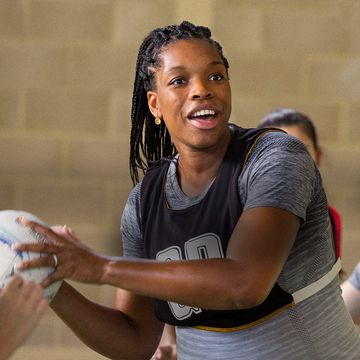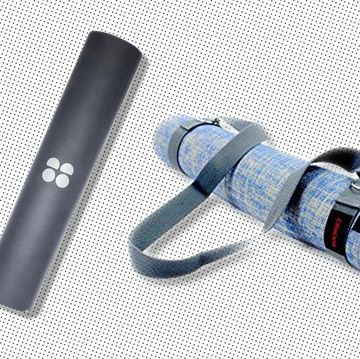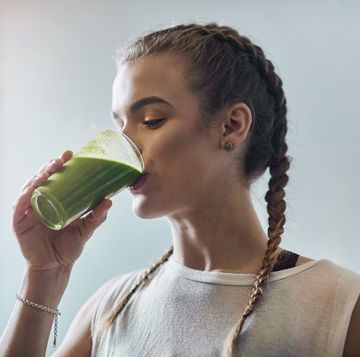Swimming, believe it or not, is hard work. It may feel like youre just floating (or bobbing) in the water but doing an hours fast freestyle or breaststroke burns over 700 calories. So if youre swimming regularly, or training for an event like the Sainsburys Sport Relief Swimathon (read all about it here), its important to eat right.
Im following the Swimathon Sub 5k Sub 1.5hr 10-week training plan, which involves swimming around 4k three times a week. Preparing for the race is both time consuming and physically (and mentally) draining. But I want to do well, so I shall persist. And which is why I consulted triathlete and sports coach Marsha El Hage, from sports coaching company RG Active, for advice. Here are her top 10 tips, which are useful whatever you're in training for:
-
Keep hydrated during the 2-3 days leading up to your race. Carry a bottle of water everywhere you go and sip it throughout the day.
-
As well as having a balanced diet to keep physically fit, get plenty of rest to be mentally fit. If you have a morning race, get to bed early!
-
Eat easy-to-digest foods on race day: fruit, cereals, low-fat dairy products, steamed veg, lean red meat and greens are all good choices.
-
If your race is in the morning, eat a bowl of cereal, banana or energy bar. If it is in the afternoon, have a bigger breakfast and lighter lunch.
-
Avoid hard-to-digest foods: heavy grains, brown rice and foods that are high in unsaturated fats like butter and sauces.
-
For races longer than 1500m (where aid stations are available) make sure you have practiced poolside sipping beforehand with energy drinks and water. Doing this while you train will help your body get used to them and be ready to perform.
-
Eat your pre-race meal 2-3 hours beforehand. This keeps your carbohydrate and protein levels at roughly 60%-40%, as the body uses carbs for energy during your race. A good pre-race meal would be a baked potato with tuna and sweetcorn. Beans or eggs on wholemeal toast can work just as well.
-
Smoothies are another good option if solid food does not appeal. You can be creative by adding protein powder with fruit to juices, water or milk alternatives (such as almond or soya).
-
Post-race you want to eat a meal that is higher in carbohydrate and protein but low in fat. Many race organisers will have energy bars or drinks that are supplied by their sponsors on hand after the race.
-
Try to eat your post-race protein within 30 minutes of your race this is when the body repairs muscles and replenishes its energy stores.
-
Finally, stay with your own meal plan and dont be influenced by others. So practice in training what you are going to eat, when you are going to eat it and how much you think you will need to eat. Come race day, you will know how your body will react to the nutrition that you choose to put in it.
Sleep, eat, swim and good luck!
Find out more: Visit swimathon.org or sportrelief.com now
RGActive.com are the official training partner of Human Race events. For more check out: www.humanrace.co.uk












